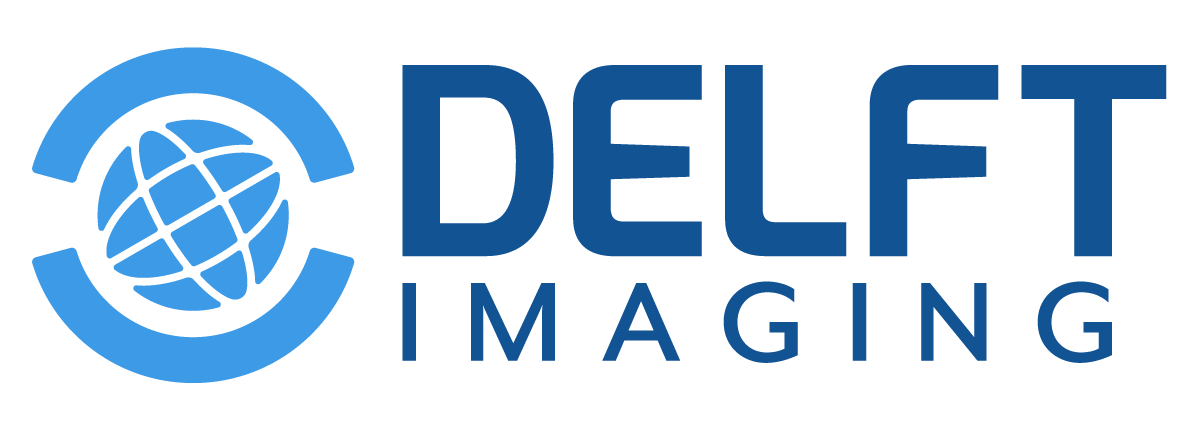We live in a world marred by healthcare disparities. Pregnancy-related deaths and diseases remain unacceptably high. Every day, nearly 800 women die due to preventable causes related to pregnancy and childbirth.[1] Even more alarmingly, 90% of these preventable deaths happen in low-resource settings.[2] This stark reality demands urgent attention.
Challenges and Innovations
WHO acknowledges the important role ultrasound plays in pregnancy care. Ultrasound accurately assesses gestational age, detects multiple foetuses, evaluates the foetal presentation, and locates the placenta. These assessments are not just medical procedures; they soothe the foetal anxieties of expecting mothers. In the words of a pregnant woman in Sierra Leone, “Having your pregnancy scanned is good as the nurse will tell you if the baby is sick or not.” Another expecting mother said, “Scanning your pregnancy is important for a long life and good health. If I stay at home and die from pregnancy, my husband will not mourn me for long. He will marry immediately, and my children will suffer. So I have to come for check-ups regularly despite the difficulties.”
WHO recommends eight antenatal care visits. However, expensive traditional ultrasound machines and a lack of trained technicians make it a distant dream for many expecting mothers in remote and underserved regions. A recent study recommends that point-of-care ultrasound (POCUS) can address these challenges.
Enter BabyChecker
BabyChecker is a smartphone-based ultrasound solution that uses AI to analyse pregnancy risks. With just six simple sweeps across the abdomen, it provides crucial information such as the gestational age, foetal presentation, foetal heart rate, multiple gestations, and placenta location. A community healthcare worker in Sierra Leone’s Mafay Manowo Maternal & Child Health Post shared, “BabyChecker helps us know how the child is doing in the mother’s womb. Whether doing well/fine or not. If the baby is fine, then it’s okay. If not, then we refer for further care.”
Overcoming Traditional Constraints
BabyChecker shines by overcoming the limitations of traditional ultrasound in resource-limited settings. Community healthcare workers without ultrasound training can learn to perform scans in less than an hour after watching a concise 3-minute video. Moreover, it can be used offline, making it user-friendly in underprivileged regions.
Since it is a smartphone-based ultrasound solution, healthcare workers don’t find it daunting. As a primary healthcare worker said, “Personally, I catch up and adapt to the device easily because of my familiarity with Android phones.”
The video displays the visual direction for the six sweeps, making the process easier. “We find it easy to perform the six sweeps as videos are displayed, and all we have to do is follow the visual direction of the machine… because it’s a machine, it is easier to use.”

Empowering Community Healthcare Workers
BabyChecker empowers healthcare workers by training them to scan and access foetal ultrasound results. This enables them to offer personalised treatment and advice for women. As a healthcare worker in the Petifu Mayeppoh Community Health Post, Sierra Leone puts it,“ I’m confident about my diagnosis and treatment options now. It has provided an opportunity to increase my knowledge, attitude and practice around maternal and foetal health.”
Strengthening Maternal Healthcare System
The BabyChecker helps community health workers to only the women who require referrals, making the process more efficient. A healthcare worker in Sierra Leone explained, “When we refer women, they usually don’t go because of transportation and other issues. But now our referrals are appropriate and are done for only those who need specific referral and care.”
Healthcare workers (HCWs) mentioned that the foetal scan is popular and results in more pregnant women attending antenatal care (ANC) and giving birth in health facilities. This increase in ANC attendance has made it easier for HCWs to provide other health interventions. “Pregnant women are coming for scans, and this indirectly helps in strengthening other ANC services like TT (meaning Tetanus Toxoid), malaria checks, etc.”
Emotional and Psychological Benefits
As a diagnostic tool, BabyChecker offers peace of mind to expecting mothers. Healthcare workers noted that the BabyChecker scan increased patient engagement by easing foetal health enhancing their emotional connection and satisfaction. “Getting feedback from the patient after scanning that ‘I slept well knowing that my baby is safe, or I can feel my baby’s movement. Just the mentality of safety and joy brought to the woman makes me feel good.”
A Step Toward Universal Access to Antenatal Care
Each BabyChecker scan is a step towards a world where every woman, regardless of location, can access the antenatal care she deserves. It’s a commitment to making safer pregnancies a global norm, not an exception.
